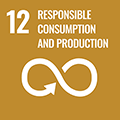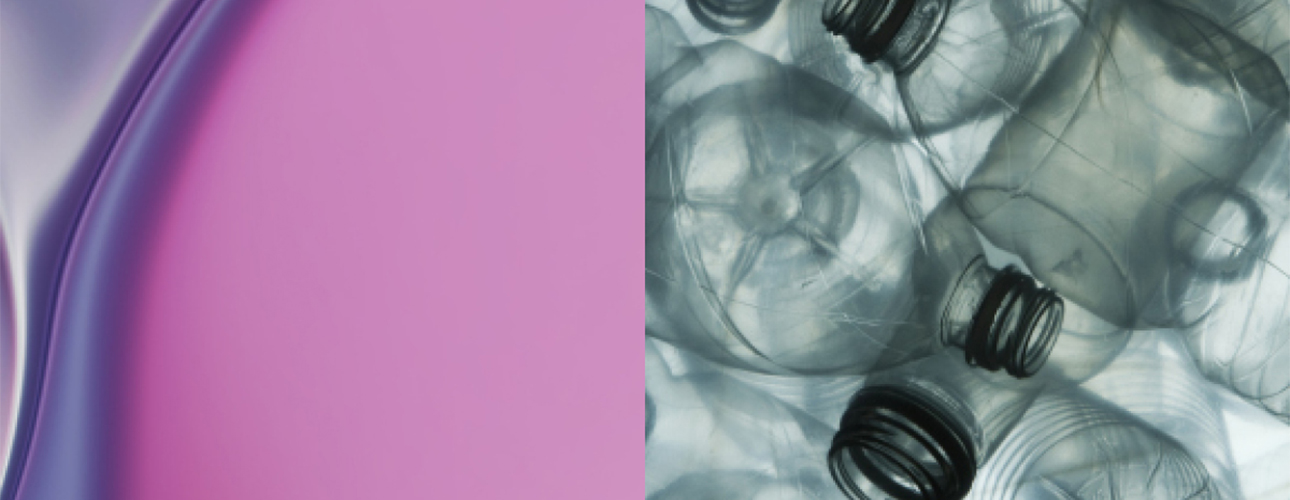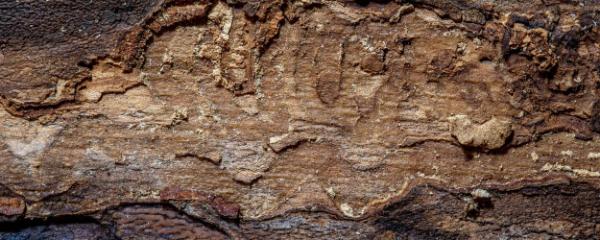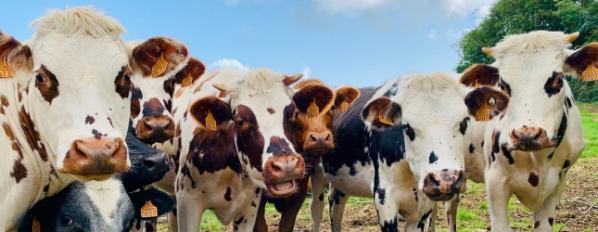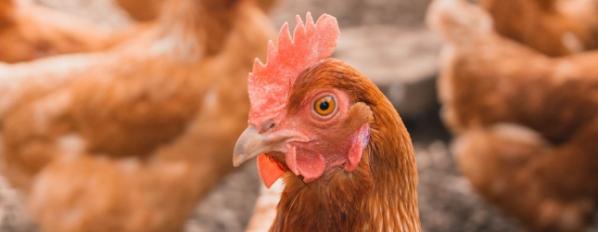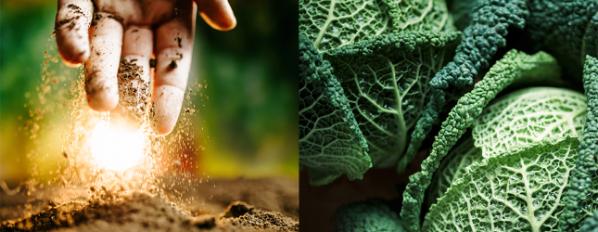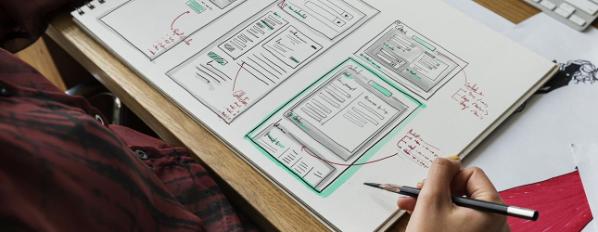Working with key partners across the island of Ireland, researchers at QUILL (Queen's University Ionic Liquid Laboratories) are discovering how ionic liquids can provide a sustainable way of recycling plastic waste.
Research Challenge
HOW TO SUSTAINABLY RECYCLE PLASTIC WASTE?
Plastic waste is an increasing problem for our planet.
Pyrolysis has tried to address this challenge. It tackles plastic waste by subjecting it to high temperatures, causing it to fall apart into small fragments. However, current pyrolysis technology converts this waste into fossil fuels, which is not environmentally sustainable.
Emerging pyrolysis technology has taken a step forward by converting waste plastics into waxes which have many industrial uses, but the industrial capacity to conduct this process is only available in certain regions. For example, the island of Ireland does not have the large oil refineries required for this process, so the waste plastic would need to be transported large distances which adds to the carbon footprint.
Queen’s researchers are working to address these challenges by discovering how ionic liquid technology can convert waste plastics to useful products in a way that is sustainable, supports a circular economy, and makes plastic waste recycling processes more economically viable.
Our Approach
COMBINING EXPERTISE AND RESEARCH TO DEVELOP NEW PROCESSES
QUILL brings research chemists, chemical engineers, and environmental scientists together and has built a global reputation in the development of ionic liquid technology.
We are using our previous knowledge and pre-competitive research in ionic liquids to develop catalysts that break down plastics – particularly PET – into monomers in ways that are more environmentally friendly, use less energy, and save costs in recycling processes.
This research is conducted at a local level. Working with local plastic recycling businesses, we are discovering how ionic liquid technology can be used to convert waste plastics collected from homes and businesses into useful products without the need for significant transportation.
“We have a long track record of successfully applying our expertise to reduce the environmental impact of the energy industry. Now, we are focused on developing ionic liquids to solve industrial challenges in a way that is environmentally sustainable and supports a circular economy.”
- Professor Gosia Swadzba-Kwasny, QUILL researcher from the School of Chemistry and Chemical Engineering
What impact did it make?
SUSTAINABLE RECYCLING OF WASTE PLASTICS AT LOCAL LEVEL
Researchers have demonstrated how ionic liquid technology can convert plastic waste into useful products in a way that is sustainable and economically viable. This can be used to make a huge difference in how we recycle plastic waste and support a circular economy.
For example, we converted these waste plastics into base oils for lubricants used in the renewable energy industry, e.g., in wind turbines or electric vehicles. We have also established a process for converting these waste products into sustainable solvents and surfactants in household products such as washing-up liquid.
In addition, researchers have discovered catalysts that break down plastic at lower temperatures, which could improve efficiency and save energy when used in recycling processes. Going forward, our multidisciplinary team at QUILL will work on taking this new technology from the lab and into industry.
Our impact
Impact related to the UN Sustainable Development Goals
Learn more about Queen’s University’s commitment to nurturing a culture of sustainability and achieving the Sustainable Development Goals (SDGs) through research and education.
